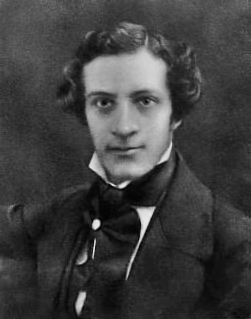A Quote by Jean-Baptiste Lamarck
It is not the organs-that is, the character and form of the animal's bodily parts-that have given rise to its habits and particular structures. It is the habits and manner of life and the conditions in which its ancestors lived that have in the course of time fashioned its bodily form, its organs and qualities.
Related Quotes
My feeling is that a human being or any complex organism has a system of cognitive structures that develop much in the way the physical organs of the body develop. That is, in their fundamental character they are innate; their basic form is determined by the genetic structure of the organism. Of course, they grow under particular environmental conditions, assuming a specific form that admits of some variation. Much of what is distinctive among human beings is a specific manner in which a variety of shared cognitive structures develop.
Just as in the body, eye and ear develop as organs of perception, as senses for bodily processes, so does a man develop in himself soul and spiritual organs of perception through which the soul and spiritual worlds are opened to him. For those who do not have such higher senses, these worlds are dark and silent, just as the bodily world is dark and silent for a being without eyes and ears.
We are masters of our actions from the beginning up to the very end. But, in the case of our habits, we are only masters of their commencement - each particular little increase being as imperceptible as in the case of bodily infirmities. But yet our habits are voluntary, in that it was once in our power to adopt or not to adopt such or such a course of conduct.
After having produced aquatic animals of all ranks and having caused extensive variations in them by the different environments provided by the waters, nature led them little by little to the habit of living in the air, first by the water's edge and afterwards on all the dry parts of the globe. These animals have in course of time been profoundly altered by such novel conditions; which so greatly influenced their habits and organs that the regular gradation which they should have exhibited in complexity of organisation is often scarcely recognisable.
In truth, the only difference between those who have failed and those who have succeeded lies in the difference of their habits. Good habits are the key to all success. Bad habits are the unlocked door to failure. Thus, the first law I will obey, which precedeth all others is - I will form good habits and become their slave.




































